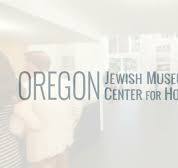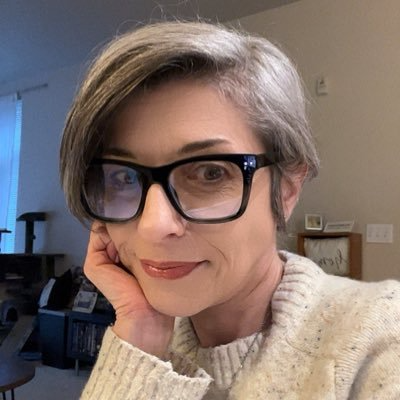It’s a gifted writer who can take a subject that we feel is totally familiar and present it in a fresh way that’s not only enlightening and informative, but a joyful read as well. Rabbi Maurice Harris, formerly associate rabbi at Eugene’s Temple Beth Israel, brings to his writing the same mix of wit and wisdom that were hallmarks of his many lectures, discussions and classes at TBI.
By calling Judaism’s greatest prophet “A Stranger Among Us,” Rabbi Maurice is hinting at how much we don’t know regarding the remarkable life, conflicts, triumphs and tribulations of Moses. At the same time, he’s also signaling that Moses represents the ultimate Jewish “insider” who was simultaneously an “outsider” – a man with an Egyptian name raised in a non-Jewish home who committed murder, married twice outside the faith, had a sometimes violent temper and a speech impediment, and was not allowed to enter into the Promised Land.
The people who surrounded Moses are also brought to life with depth and compassion. Moses’ earliest survival, for example, was only made possible because of courageous acts of civil disobedience by several women: his mother, Yokheved, who sheltered him from the Pharaoh’s decree of infanticide for as long as she could; his sister, Miriam, who was instrumental in his fateful float and later rescue down the Nile; Pharaoh’s daughter, who adopted and raised him (unwittingly with Yokheved’s help); and the Egyptian midwives Shifra and Puah who refused to carry out the Pharaoh’s hateful decree in the first place and risked their lives lying to the monarch.
Regarding the latter, Rabbi Maurice writes, “…they were midwives in more than one respect. They facilitated the birth not only of Hebrew babies, but also of the (Israelite) slave rebellion that would come.”
Well known in Eugene’s Jewish community for taking discussions beyond conventional boundaries, Rabbi Maurice uses the life of Moses to demonstrate concepts that spin off into much larger ideas. Making the case for “open” religious systems, as opposed to “closed” and narrowly defined fundamentalism, he compares Judaism’s potential for functional adaptability to life itself:
“A living organism,” he says, “is not less authentically itself because it takes in food and air from the environment around it. Similarly, a culture or religion is not less true to itself when it functions as a creative open system. … A religious tradition is a living entity, and in order to stay healthy its boundary needs to be permeable so that it can live in an interconnected and interpenetrating relationship with the world around it.”
He closes that point by adding, “… Religion is at its most dangerous when it is made up of followers rather than responsible and conscientious participants. … Blind obedience to any received tradition is a moral choice that can cause tremendous destruction and harm.”
Rabbi Maurice helps us differentiate between the historical Moses and the composite literary Moses, who has been overlaid with various mystical, magical, authoritative or heroic attributes as seen through the lenses of succeeding generations of religious proponents. These images add further layers to this most central of Jewish prophets, who was later adopted and given entirely new characteristics by Christianity and Islam as well.
Joseph Lieberman is a freelance writer and photographer in Eugene.





